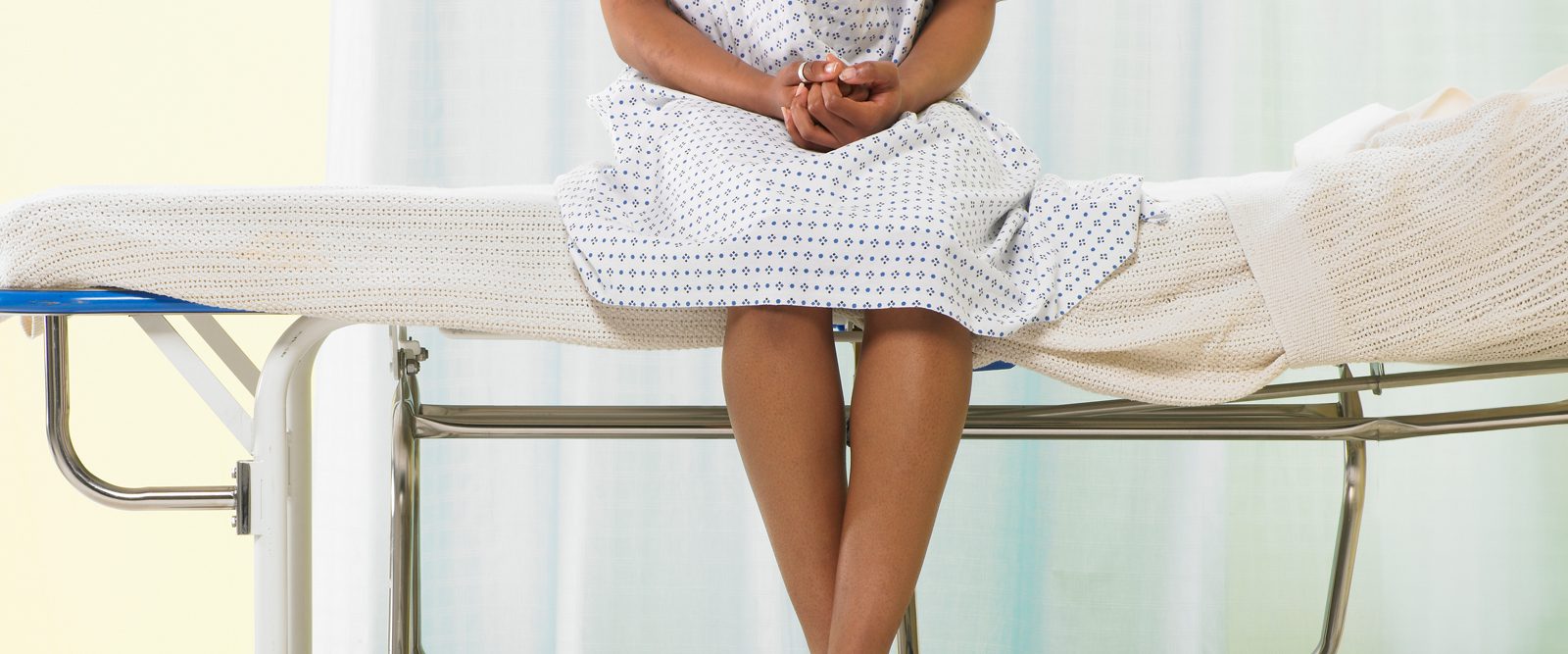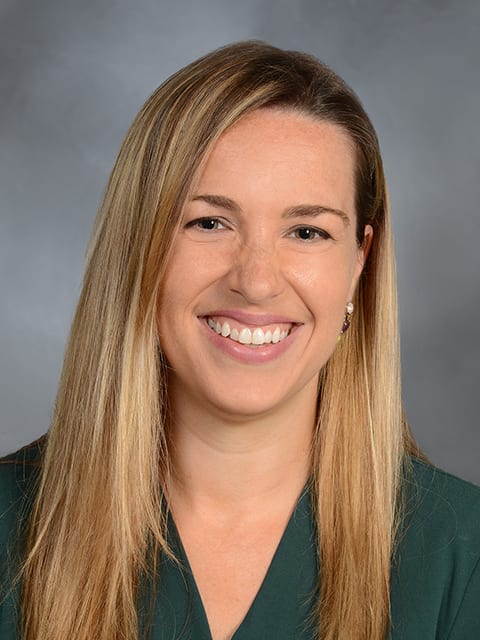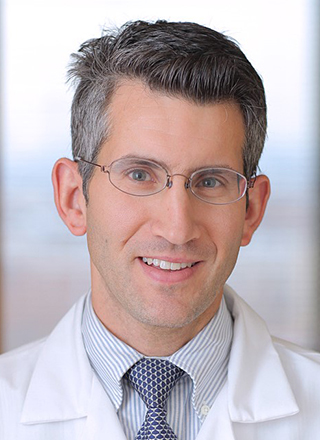9 Tips on How to Have a Better Colonoscopy
Two NewYork-Presbyterian experts offer advice to help you best prepare for your colonoscopy.

Colorectal cancer — cancer of the colon or rectum — is the second leading cause of cancer death in the United States. The American Cancer Society estimates that 152,810 people will be diagnosed with colorectal cancer and 53,010 will die from this disease in 2024.
Fortunately, with proper screening, colorectal cancer is highly preventable, and a colonoscopy is the most effective test for preventing colon cancer. In addition to looking for any notable changes inside the large intestine and rectum, the procedure also finds colon polyps (precancerous cells) and removes them, just as a dermatologist would remove a suspicious mole from your skin. Polyps and early colorectal cancer cause no symptoms, so annual screenings beginning at age 45 are important.
Dr. Daniel Freedberg, a gastroenterologist at NewYork-Presbyterian/Columbia University Irving Medical Center, and Dr. Carolyn Newberry, a gastroenterologist and physician nutrition specialist at NewYork-Presbyterian/Weill Cornell Medical Center, share with Health Matters their colonoscopy prep tips so you can have a better procedure.

Dr. Carolyn Newberry
Make a date. Make an appointment, put it on your calendar, and keep it! Clear your schedule and have an escort available to take you home after.
Be prepared for some bathroom time. In order for the camera to get a good view during the procedure, people have to clean out the colon. As part of the prep, it’s normal to have a lot loose stools the night before your colonoscopy. By morning, this improves.
You can eat the day before your colonoscopy. While individual doctors’ recommendations differ, many now permit a “low residue” diet — soft foods that pass quickly through the colon — the day before your colonoscopy. Eggs, fish, chicken (no skin), and pasta with butter (not tomato) sauce are allowed, but you should save the whole-grain bread, fruits, vegetables, nuts, and fiber-packed cereal for after your procedure. You cannot eat the morning of the test, but you can drink your coffee black up to four hours before.
Add a little flavor to your (prep) drink. Many preparations can be mixed with beverages you already like to drink to make them more palatable and easier to tolerate. Try finding your favorite Gatorade flavor or shop Crystal Light or coconut water options if you need lower sugar alternatives.
There are now a variety of options of colonoscopy preparation drinks for patients depending on their clinical history and needs. For example, SUFLAVE, a colonoscopy preparation drink that tastes like lemon-lime, was approved by the Food and Drug Administration in June 2023.
For people with a history of chronic constipation, consider discussing an extended or alternative preparation to ensure you have a good clean out. If you are intolerant of a particular preparation, an alternative is often available. Discuss with your gastroenterologist to learn which option for bowel prep is best for you.

Dr. Daniel Freedberg
Split the prep. New studies show that splitting the bowel preparation — drinking half the liquid the night before your colonoscopy and half the morning of the test — results in a cleaner and more thorough exam and higher patient satisfaction. This may mean setting the alarm very early (4 a.m.!) so that the second half can be finished four hours before the colonoscopy start time. But it’s worth it.
Drink water (a lot). The bowel prep looks like a large volume of liquid, but it works by pulling water into the bowel, so it is actually dehydrating. You may feel better if you drink additional water on top of the bowel preparation.
Take a deep breath. The hardest part of the procedure is the bowel cleanse beforehand, which in recent years has become easier to tolerate due to changes in diets and preparations. Don’t be scared to schedule a colonoscopy. After all, it prevents colon cancer and save lives.
Know when your next screening should be. A good question to ask after the test is “When do I need to do this again?” Current guidelines say that patients who have a normal, high-quality colonoscopy and who do not have a family history of colon cancer can wait up to 10 years before repeating the test.
Additional Resources
To learn more about the gastroenterology services available at Columbia and Weill Cornell Medicine, visit the Center for Digestive Health at Columbia and The Division of Gastroenterology & Hepatology at Weill Cornell Medicine.
Daniel Freedberg, M.D., M.S., is a gastroenterologist at NewYork-Presbyterian/Columbia University Irving Medical Center and an assistant professor of medicine and epidemiology at Columbia University Vagelos College of Physicians and Surgeons. Dr. Freedberg’s research focuses on the use of acid suppression medications, Clostridium difficile infection, and the gastrointestinal microbiome during critical illness. His research has been funded by the National Institutes of Health, the American Gastroenterological Association, and the Department of Defense.
Carolyn Newberry, M.D., is a gastroenterologist and physician nutrition specialist at NewYork-Presbyterian/Weill Cornell Medical Center and an assistant professor of medicine at Weill Cornell Medicine. Dr. Newberry’s primary clinical and research interests lie in defining the relationship between gastrointestinal diseases, nutrition, and obesity. She has published multiple review papers and original articles examining diet’s role in treating common gastrointestinal diseases, the link between malnutrition and gut pathology, and optimal therapy for obesity management.

